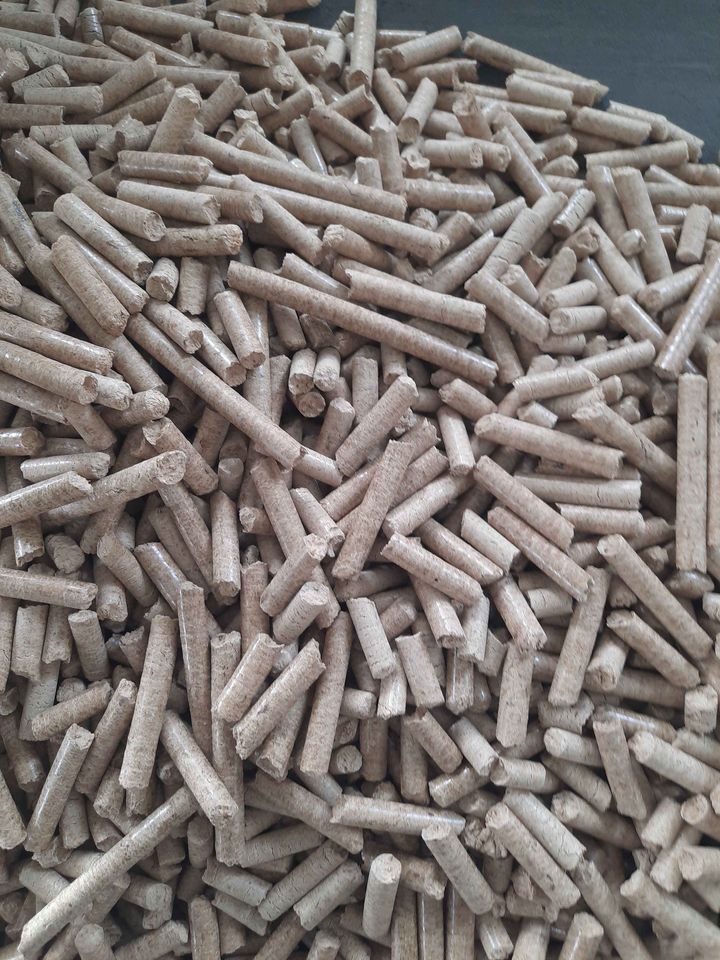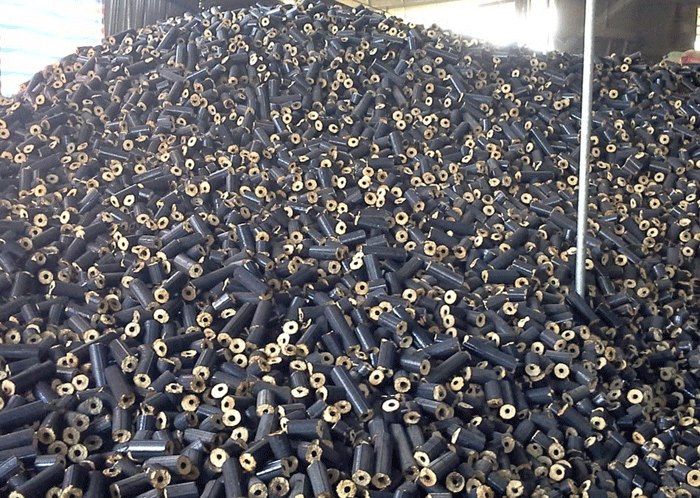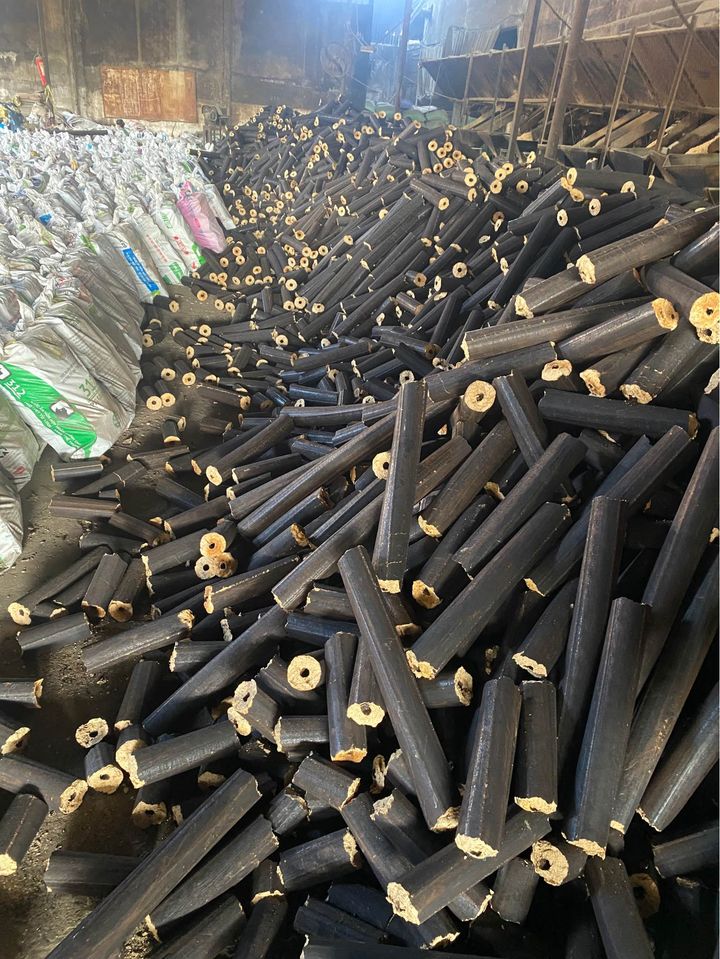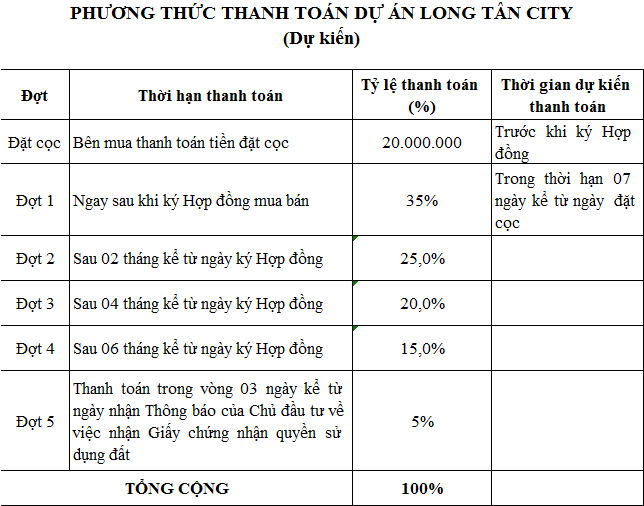Rice Husk: A Renewable and Abundant Resource Rice husk, the outer shell of rice grains, is generated in copious amounts during rice milling processes. Traditionally considered waste, this by-product is rich in organic material, making it an ideal candidate for energy production. Recognizing its untapped potential, WOOUP Company ventured into transforming rice husk into two primary forms: pellets and briquettes, revolutionizing the utilization of this resource.
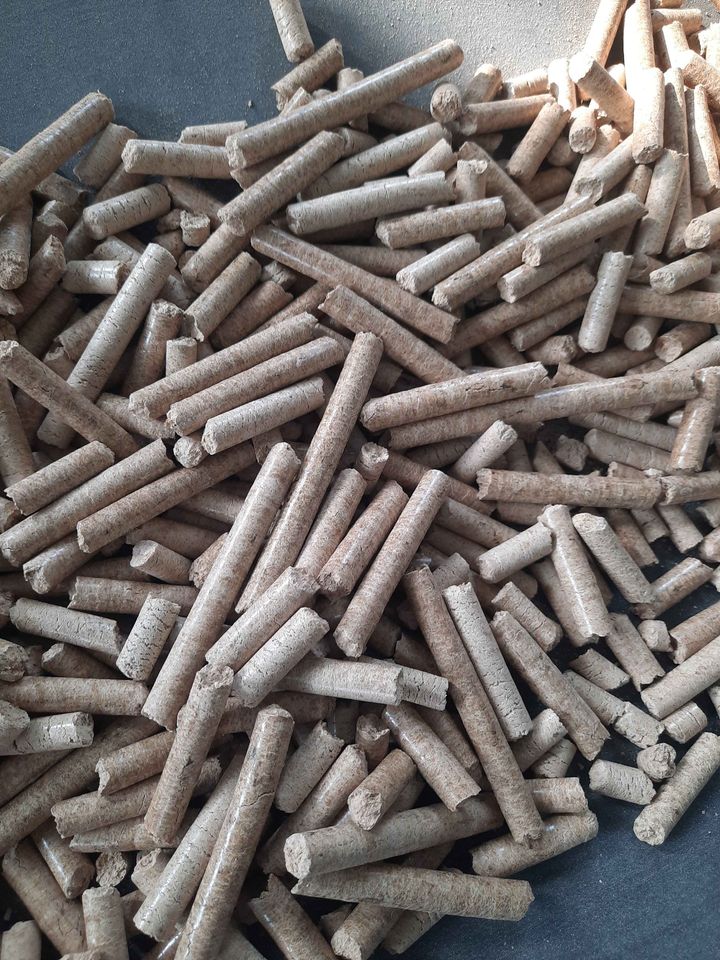
Rice Husk Pellets: Harnessing Sustainable Energy Rice husk pellets, formed through a pelletizing process, exhibit several characteristics that make them a sustainable energy source:
- Renewable Nature: Utilization of rice husk pellets reduces reliance on conventional fossil fuels, promoting sustainability and minimizing environmental impact.
- High Energy Density: Despite their compact size, rice husk pellets possess a high energy content, making them an efficient and potent fuel source.
- Low Environmental Impact: The combustion of rice husk pellets produces fewer greenhouse gas emissions compared to conventional fuels, supporting eco-friendly energy practices.
- Economical Advantages: Pelletization of rice husk facilitates easier transportation, storage, and handling, reducing overall costs associated with energy production and consumption.
